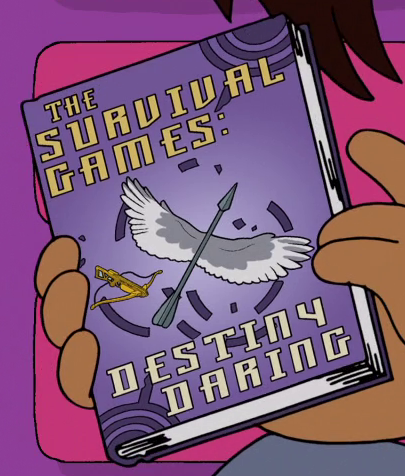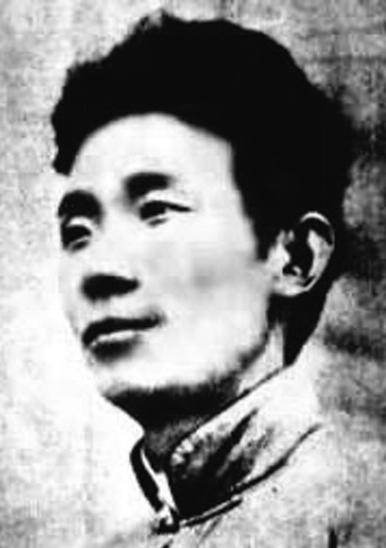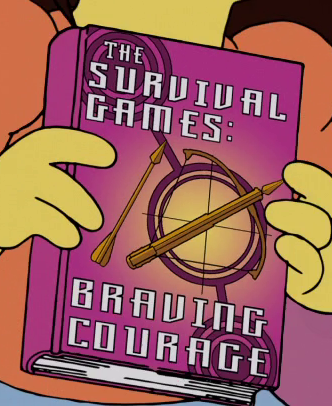I recently, and finally, saw one of DreamWorks’ newest blockbusters, “Kung Fu Panda 2”, which according to Imdb is, since September this year, the biggest box office success for a film with a female director, that director being Jennifer Yuh. Ms. Yuh is one of the few women who have directed major animated blockbusters films, which I have mentioned in my older post “Rise of the Damsel”. I didn’t like the first “Kung Fu Panda” film, as a mentioned as well in my previous post. However I didn’t really explain why. I will do so here before reviewing the sequel: I strongly disliked that the panda Po was cast as the quintessential and main hero in the narrative arc of the story. His attitude in the story seemed to be that everything should just be handed to him, without working for it (as the other characters have done exclusively). He dreams of becoming a master of Kung Fu, but when he is given the chance to learn martial arts he doesn’t show up to classes or at least try to do anything (Spoiler!: until his teacher withholds food from him). I also disliked how Tigress, a fierce warrior who had devoted her whole life to Kung Fu, was pushed aside and replaced by the distracted Po merely because the storyline posits him as “destined to be the great heroic warrior”. It felt like the writers of the screenplay were stating that even if women (or anybody else for that matter) can be great fighters, men (as the chosen of society) are just automatically better (even if all common sense would say otherwise) because, hey, they are males after all. Luckily, the sequel gives a much better treatment of Tigress’ character and even Po’s character development handled in a much better fashion this time around. The villain is deliciously enjoyable and the animation is ten times better, as well as the themes brought up being a lot more interesting.
The film starts with giving us a brief back-story to the villain Lord Shen, a peacock and son to two powerful monarchs who ruled over Gongmen City. After the invention of Fireworks, Lord Shen sees the potential in the explosives for powerful weapons and uses this in his attempt to take over the whole of China and subjugate it to his will. However, Lord Shen learns from a prophecy that he will be defeated by a warrior of “black-and-white”, which leads to him nearly exterminating all Pandas. His parents, horrified by this act, banish him from the kingdom. Lord Shen leaves, swearing revenge. The film then focuses on Po, who is now a celebrity hero in his hometown and good friends with his fellow Kung Fu masters. However, his relationship with his father becomes troublesome when he finds out he’s adopted – which is no surprise to anyone else, considering he’s father is a goose and he’s a panda (a reoccurring joke which is peppered throughout the film). Po is struck with identity crises, but gets little time to resolve it as Po and his warrior friends must travel to Gongmen City to stop Lord Shen, who threatens Kung Fu with his new weapon.
The film addresses adoption and parent-child relationships well. Po’s father is loving and supportive and proud of his son, while Po on the other hand is confused about his emotions, constantly seeking out answers to his past. This makes Po act quite cold and diffident towards his affectionate father. Usually, in children’s films, the parents are portrayed as unreasonable and/or unable to understand their children, however in this film it is the child, Po, who is in the wrong here, not being able to appreciate the love he has gotten and still receives. Naturally, Po wants to know where he comes from and what his roots are and he is constantly bedeviled with worries that he might not have been loved by his “natural” parents prompting them to abandon him in his infancy. Po’s identity crisis is pretty well portrayed; the viewer can sympathize with his situation, but he’s unable to express his problems to others, which causes major problems during his and his friend’s mission to stop Lord Shen. My only complaint of the portrayal of this conflict is that the way Po resolves his problem is a little simple, and he never seems to realize how his attitude towards his adoptive father did, well… kind of sucked. But kudos to James Hong who voiced Mr. Ping the goose father, he did an excellent job capturing a loving and kind parent’s voice. Especially the scene where Mr. Ping tells Po how he ended up raising him as a son, which no doubt was one of the most heart-warming scenes in the film.
One of the overriding and major themes played with in “Kung Fu Panda 2” is usage of advanced weapons. The film is highly critical of the usage of these weapons of “mass destruction”. The message of the film seems to be against using gunpowder, which holds the position of a trope of the indiscriminate killing device, as a form of fighting, which is good admittedly in regard to our age of drones and cluster-bombs. However, the main critique seems to come from the idea that usage of weaponry eliminates martial arts. And here’s where I’m a little conflicted; I don’t believe in fire arms or other advanced weaponry which distance ourselves from our killings and destroy without consequence, and think it’s nice to see a film with a anti-weapon message with this in mind. But is it truly better to say martial arts are much better? The “karate” technique (which is staple action used in the movie) is still positioned as a battle technique and a way to, frankly, beat the crap out of each other? I am not sure saying that technological weapons are bad , but combat in the sense of “hand to hand” resolves the question of violence which is meant to be raised here. Then again, perhaps the film just wants to highlight the fact that weapons of mass scale and indeterminate distance cause a lot more meaningless damage and therefore are used in more “dirty”, unfair and brutal ways in battles, while martial arts are more about clean fights where one has to experience the person on who the violent act is done to. I don’t necessarily agree, since I often hope people could come to agreements by discussions and compromise, but I guess there are situations where that is not perhaps possible. (Interestingly, this is almost always the case in children’s films. Huh…)
Lord Shen, the evil power-hungry pale white peacock villain, is an excellent bad guy. Gary Oldman provides the voice for the mad bird and I have to say he has a real talent in voice acting. Lord Shen is sinister, arrogant and commits crimes pretty vicious for a children’s film. He’s unsettling and a master of manipulation, but also pretty funny at times. Mr. Oldman’s way of delivering his character is perfect and was a perfect casting. Also the design for Lord Shen was brilliant: a pale white peacock with grim red eyes that uses his feathers like sharp knives. According to Ms. Yuh, the character of Shen was extraordinarily difficult to animate and became like animating six characters all at once. Great work was beyond a doubt, and with good effect, put into Lord Shen’s design, for he was by far also the most beautifully animated character and it was a wondrous thrill to see the character in his fight sequences.
Fun fact: there do indeed exist white peacocks, whose colors apparently make them look quite elegant. White, however, is the color of death in Chinese culture; this is why having white feathers marked Lord Shen as the antagonist.
Gary Oldman wasn’t the only one doing impressive voice acting. Michelle Yeoh, who was brilliant as a strong warrior in “Crouching Tiger, Hidden Dragon” (2000) and as one of the determined scientist in “Sunshine” (2007), did a great job on voicing Shen’s former nanny, Soothsayer, combining wise with comically caring. Angelina Jolie was, once again and much better utilized in this sequel, also an outstanding voice for Master Tigress, getting her character to seem both compassionate as well as in charge and sturdy. Kudos to both of these fine actors!
I will quickly give a thought to the films prevailing message regarding the quest and attainment of “Inner Peace”. I am usually quit skeptical of such philosophies, yet I found myself actually liking how inner peace was interpreted in this movie. Basically, what the writers seem to be elaborating in this concept was that a person should attempt to let go of anger and hostility and struggle and see things from a more positive angle in life. Without this one will end, on the perplexing road of existence, by being engulfed in a shallow and dysfunctional bitterness which wreaks havoc on oneself and others. This is what happens to Lord Shen, which ultimately results in a predetermined spiral to self-destruction. Po on the other hand is able to see that things from outside of resentment and, as a consequence, achieves inner peace making him able to function better as a person (meaning warrior in this case) and becoming more “human” in the journey.
Of course, it is sometimes good to be angry. But, who can argue, it is best not to let bitterness and anger control one’s person and life.
“Kung Fu Panda 2” was a pleasing movie experience. Worth a watch definitely.















Very beautiful review
thanks and regards
uma maheswar nakka
Thank you! You’ve made my day.
Happy to hear from you again,
Best Wishes/ Maaretta
i want to see the movie too,sounds really intresting.
It’s not bad. Like I said, worth a watch :-).